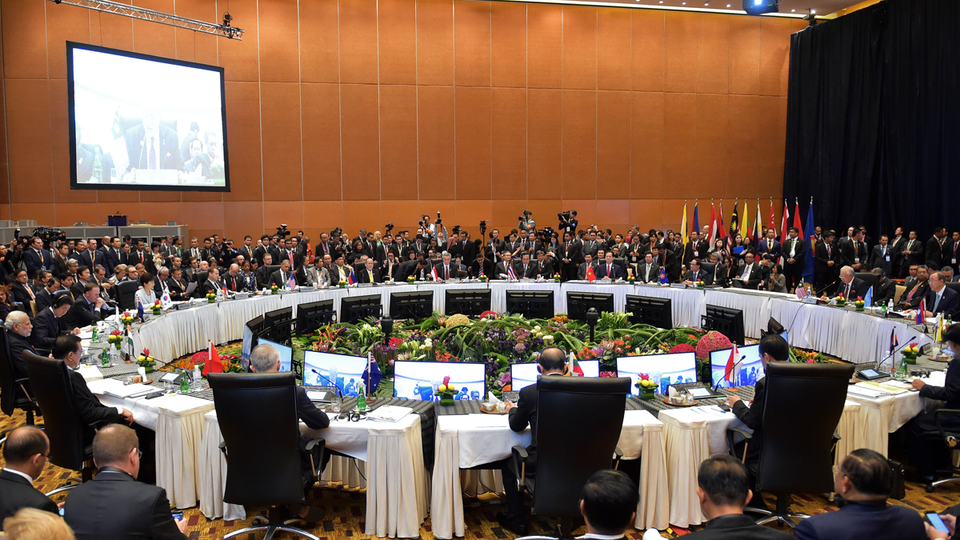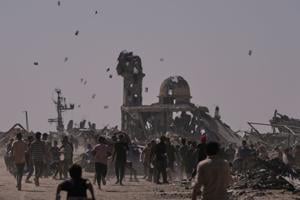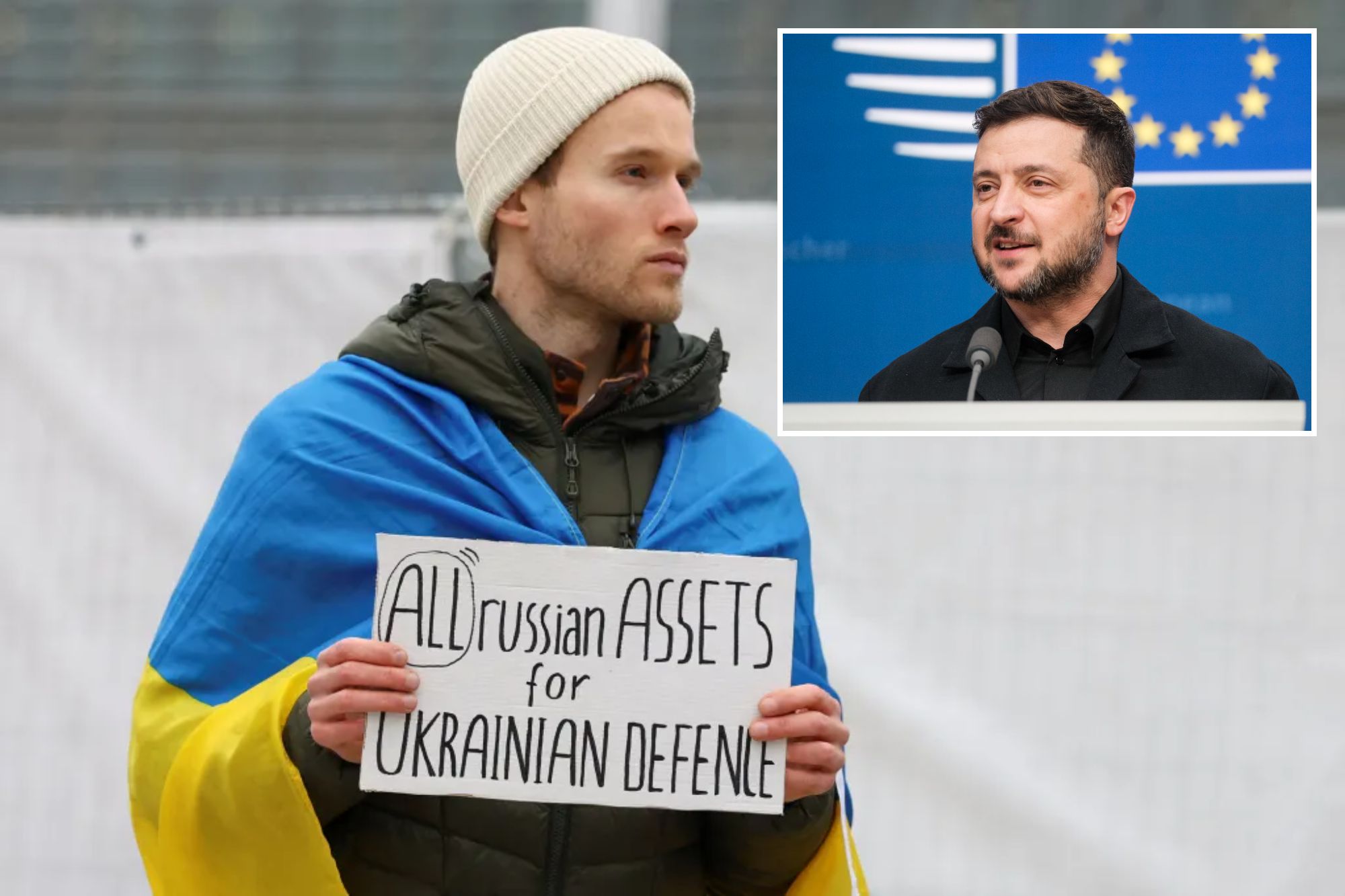Human Rights Watch (HRW) has urged leaders from Southeast Asia and beyond to firmly oppose the Myanmar military junta’s planned national elections set for December. In an open letter addressed to participants of the upcoming ASEAN and East Asia Summit in Kuala Lumpur, HRW described the electoral process as a “sham” that would further entrench repression and violence in the country.
The organization called on member states to deny recognition of the junta’s elections and to intensify diplomatic isolation of Myanmar’s rulers. HRW emphasized the need to increase humanitarian assistance amidst what it characterized as one of the worst displacement crises in Asia since the Second World War. Since the military coup on February 1, 2021, Myanmar’s military, led by Senior General Min Aung Hlaing, has conducted a violent campaign against pro-democracy forces and various ethnic groups.
According to HRW, over 3.5 million people have been displaced due to ongoing conflict, with millions more facing acute food insecurity. The organization reported widespread airstrikes, artillery shelling, and deliberate attacks on civilians and critical infrastructure. A new election law enacted on July 30, 2023, criminalizes protests and criticisms of the elections, imposing severe penalties, including the death penalty. Recently, a man was sentenced to seven years of hard labor for expressing dissent online regarding the elections.
Under international humanitarian law and the statutes of the International Criminal Court (ICC), attacks on civilians and humanitarian workers can lead to prosecutable offenses. While Myanmar is not a State Party to the ICC, there have been significant allegations of crimes against the Rohingya that could fall under cross-border jurisdiction with Bangladesh. This legal precedent could be expanded if the UN Security Council refers the situation in Myanmar to the ICC.
HRW has called for ASEAN leaders to “categorically reject” any recognition of the elections as legitimate. The letter also referenced statements from the UN High Commissioner for Human Rights and UN Special Envoy Julie Bishop, who warned that elections conducted under current conditions could escalate violence and destabilize the region further.
In light of these concerns, former ASEAN foreign ministers have advocated for a “complete strategic reset” regarding Myanmar, aligning with HRW’s view that the regional bloc’s approach has been ineffective. Under ASEAN’s own charter, the organization is committed to strengthening democracy, enhancing good governance, and promoting human rights. Legal experts caution that continued engagement with the junta without consequences may undermine ASEAN’s credibility as a rules-based institution.
HRW’s letter highlights the humanitarian crisis unfolding in Myanmar. Currently, over four million Myanmar nationals are living in Thailand, nearly half of whom are undocumented. Additionally, around 180,000 Rohingya refugees in Malaysia face threats of arrest and deportation. HRW has urged ASEAN governments to increase aid contributions, restore funding from the UN, and ensure protection for refugees from forced returns.
International law imposes clear obligations on states regarding the treatment of refugees. The principle of non-refoulement, enshrined in Article 33(1) of the 1951 Refugee Convention and recognized as customary international law, prohibits states from returning individuals to countries where they face persecution, torture, or serious harm. HRW has called on ASEAN members to uphold this principle and to cease maritime “pushbacks” of Rohingya asylum seekers intercepted at sea.
The organization commended Thailand for implementing new rules that grant registered Myanmar refugees the right to work, a policy HRW encourages Malaysia and other nations to adopt to mitigate economic vulnerability and exploitation.
While ASEAN traditionally adheres to the principle of non-interference, HRW stresses that the bloc’s commitment to human rights provides a legal and moral basis for collective action when a member’s conduct poses a threat to regional peace and stability. As leaders prepare to gather in Kuala Lumpur, the spotlight remains on how they will respond to the urgent humanitarian and political crisis in Myanmar.






